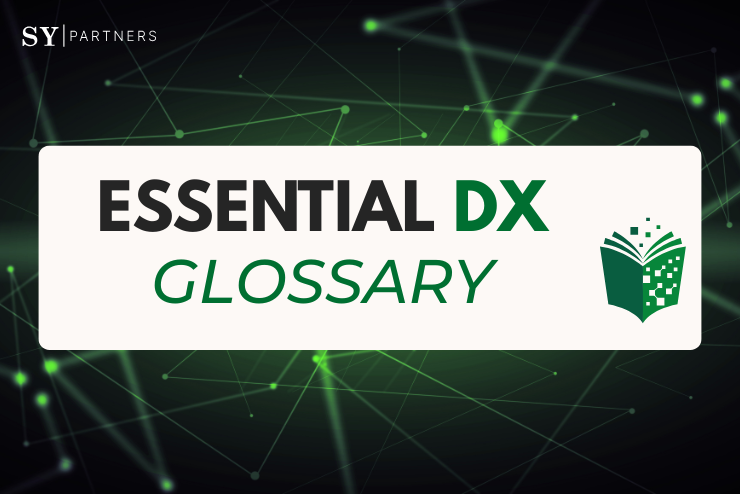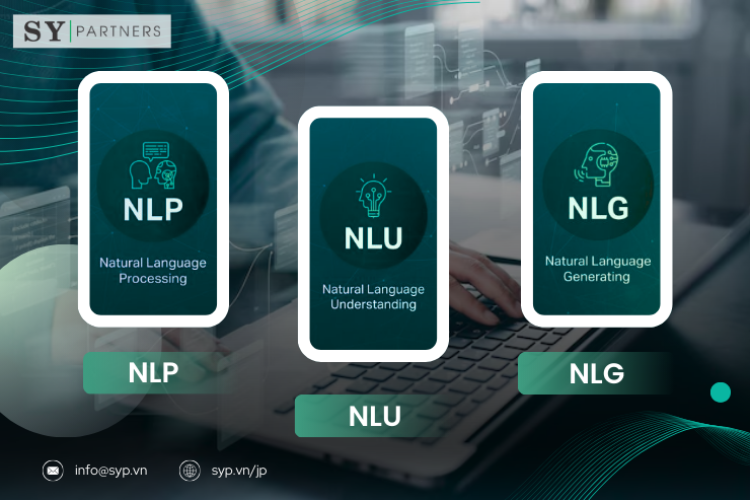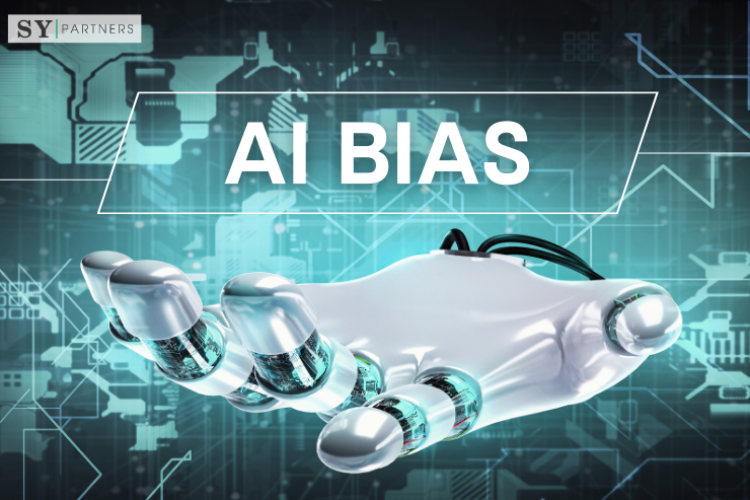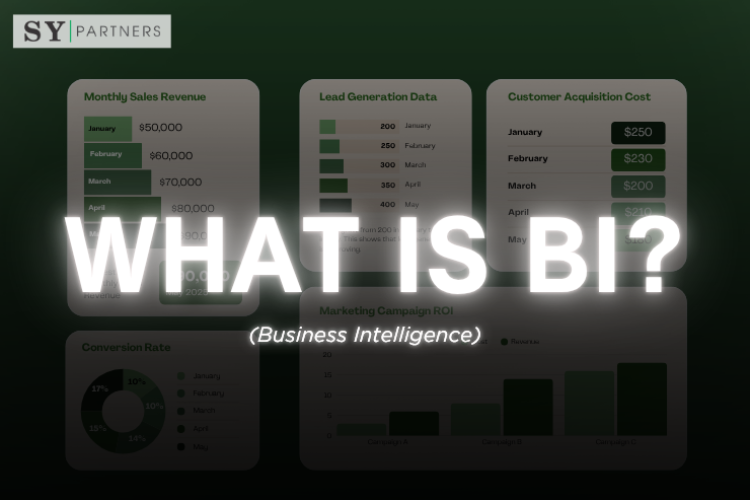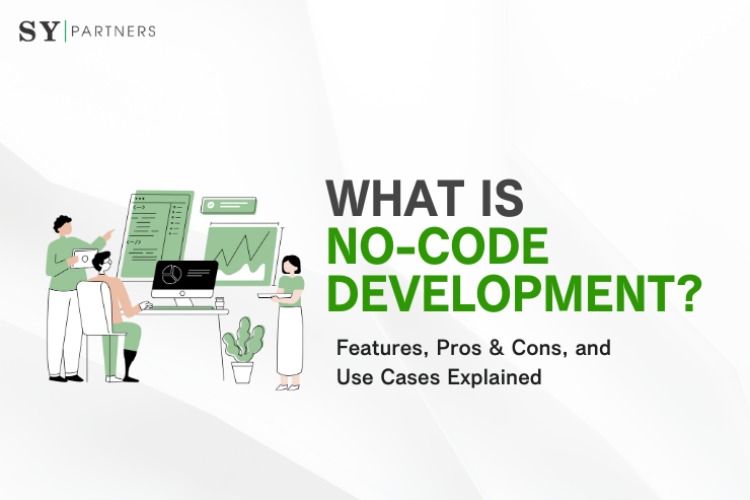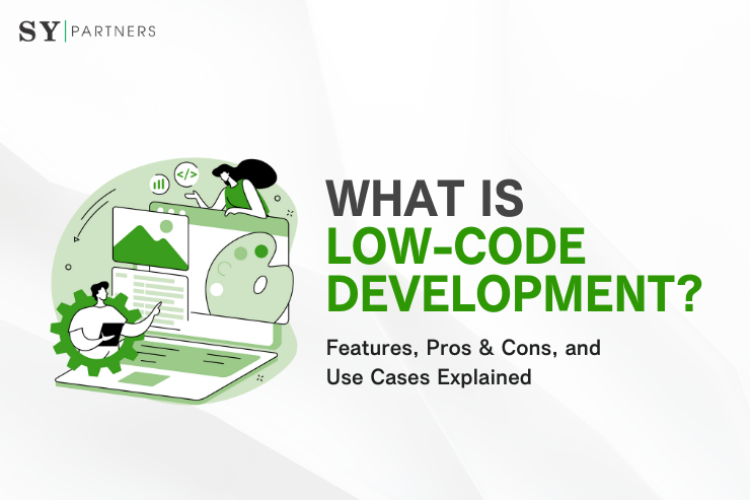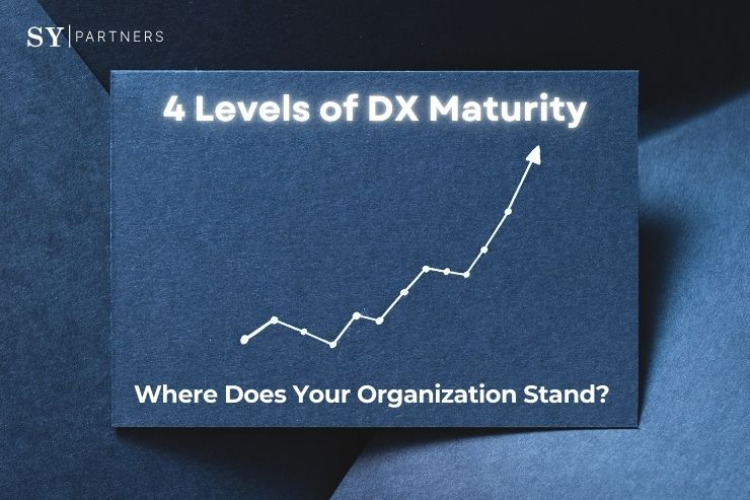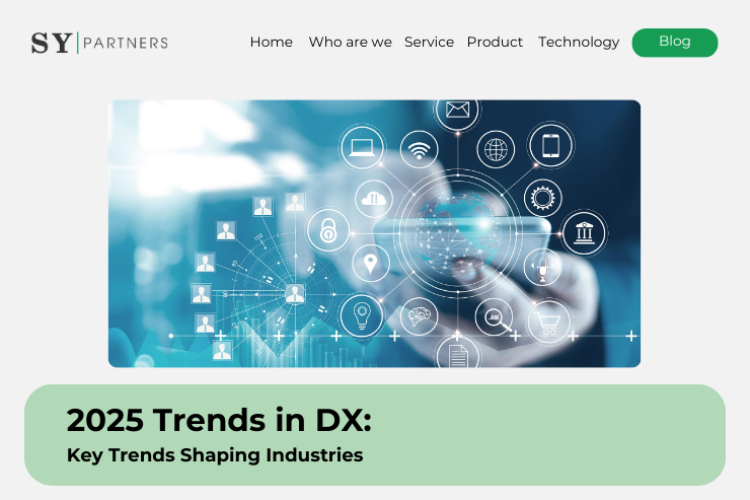Digital Transformation Glossary
Digital Transformation (DX) is no longer an initiative limited to a handful of leading companies; it has become a core element of management strategy across all industries and sectors. However, driving DX involves a wide range of technologies and operational reforms, and the related terminology can often be highly specialised and complex.
In this article, we have carefully selected and explained practical keywords to help you grasp the essence of DX and apply it immediately in the field. Rather than simply providing definitions, we also clarify how each term relates to specific business challenges and the roles they play.
| # | Terms | Description |
|---|---|---|
| 01 | Digital Transformation (Source: EDUCAUSE) | A series of deep and coordinated culture, workforce, and technology shifts that enable new educational and operating models, transforming an institution’s operations, strategic directions, and value proposition. |
| 02 | Digitization (Source: EDUCAUSE) | The process of converting information from a physical format into a digital one. |
| 03 | Digitalization (Source: WHU – Otto Beisheim School of Management) | The use of digital technologies to change a business model and provide new revenue and value-producing opportunities. |
| 04 | Cloud Computing (Source: National Institute of Standards and Technology - NIST) | A model for enabling ubiquitous, convenient, on-demand network access to a shared pool of configurable computing resources. |
| 05 | Big Data (Source: Purdue University) | Data that contains greater variety, arriving in increasing volumes and with ever-higher velocity. |
| 06 | Artificial Intelligence (Source: Stanford University) | The science and engineering of making intelligent machines, especially intelligent computer programs. |
| 07 | Machine Learning (ML) (Source: MIT Sloan School of Management) | A subfield of artificial intelligence that gives computers the ability to learn without explicitly being programmed. |
| 08 | Internet of Things (Source: Congressional Research Service) | A system of interrelated devices connected to a network and/or to one another, exchanging data without necessarily requiring human-to-machine interaction. |
| 09 | Robotic Process Automation (RPA) (Source: Purdue University) | A software technology that makes it easy to build, deploy, and manage software robots that emulate human actions, interacting with digital systems and software. |
| # | Terms | Description |
|---|---|---|
| 10 | Agile Methodology (Source: Defense Acquisition University) | An iterative approach to planning and guiding project processes, focusing on customer value, team interaction, and adapting to current business realities. |
| 11 | DevOps (Source: University of California, Santa Barbara) | The integration of people, practices, and tools to optimize the use of resources and the flow of work in the delivery and management of software and services. |
| 12 | Cybersecurity (Source: Michigan Technological University) | The practice of protecting systems, networks, and programs from digital attacks. |
| 13 | Digital Twin (Source: news.csun.edu) | A virtual representation of a physical object, system, or process that uses real-time data and advanced simulation models to mirror and predict performance. |
| 14 | Blockchain (Source: Park University) | A distributed ledger that allows all parties involved in particular transactions to share and add to the ledger, ensuring transparency and security. |
| 15 | Customer Experience (CX) (Source: Columbia Business School) | The sum of all interactions a customer has with a company, influencing their overall perception and satisfaction. |
| 16 | User-centered Design (Source: EDUCAUSE Trends Glossary) | A design approach that focuses on users’ needs, preferences, and limitations at each stage of the design process. |
| 17 | Adaptive Learning (Source: EDUCAUSE Trends Glossary) | An educational method that uses algorithms and data analytics to customize learning experiences to individual student needs. |


 EN
EN JP
JP KR
KR